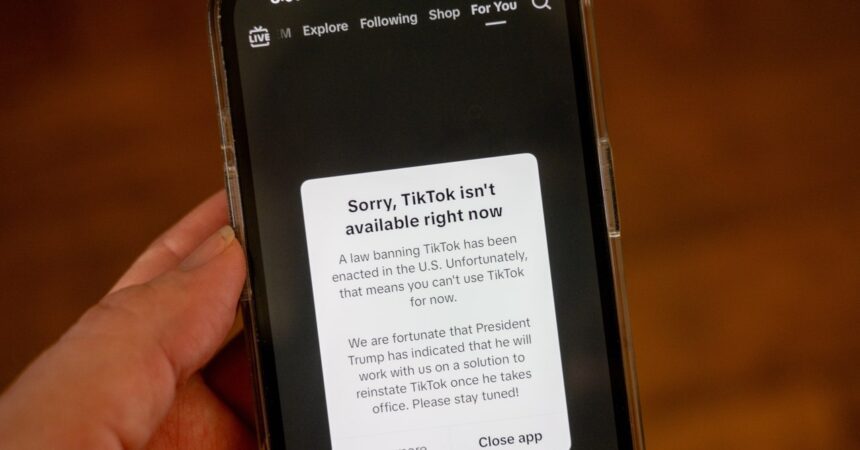The TikTok Saga: A Deep Dive into Its Future in the U.S.
In the ever-evolving landscape of social media and international relations, TikTok has become a focal point of debate and controversy, especially in the United States. The app, owned by the Chinese company ByteDance, has faced intense scrutiny over national security concerns, with various administrations raising alarms about data privacy and potential censorship. Recent developments, particularly with the incoming Biden administration, have revitalized discussions about TikTok’s future and its implications for U.S.-China relations.
The Background: TikTok’s Controversial Stance
In 2020, former President Donald Trump attempted to ban TikTok, citing national security concerns due to its Chinese ownership. TikTok was accused of potentially sharing user data with the Chinese government and posed a threat to American security interests. The Trump administration pushed for a forced divestment, demanding that ByteDance sell its U.S. operations or face a ban starting January 19.
As the situation unfolded, TikTok took legal action, contesting the ban on First Amendment grounds. However, the company ultimately lost its case in the Supreme Court, leading to escalating tensions and uncertainty for its millions of American users.
The Recent Developments: A Temporary Respite
In an unexpected twist, just hours after being removed from app stores, TikTok resumed services, thanks in part to new assurances from President-elect Trump to service providers. Apple, Google, and Oracle were seemingly given the green light, ensuring that they would not face penalties for offering TikTok in the U.S. This announcement came as Trump expressed his intent to issue an executive order that would extend the enforcement deadline of the divestiture law.
TikTok’s statement expressed gratitude towards President Trump for providing the necessary clarity and assurance to service providers, noting that the app facilitates business for over 7 million small businesses across the country. The firm emphasized a commitment to national security and collaborating with the administration to find a long-term solution.
The Divestiture Dilemma
While the executive order is a temporary workaround, the underlying issue remains unresolved. The law mandates that ByteDance must sell its U.S. operations unless substantial progress is made on an agreement. Potential acquirers have emerged, including high-profile names like Elon Musk and Frank McCourt. Although McCourt has submitted a formal bid, Musk’s involvement remains speculative.
Trump has been vocal about his vision for a joint venture, proposing a structure where the U.S. would maintain a 50% ownership stake in the company. He argues that such an arrangement would not only protect user data but also significantly increase the app’s value, potentially reaching hundreds of billions or even trillions of dollars.
Current App Status and User Experiences
As of now, while TikTok asserts that it’s in the process of restoring services, the app remains unavailable in major app stores. However, users have reported varying degrees of functionality, with many regaining access to their timelines, albeit with inconsistent performance.
This situation highlights not only the reliance of millions of Americans on the platform but also underscores the precarious state of international business operations amid geopolitical tensions.
Implications for the Future
The TikTok saga serves as a crucial case study on the intersection of technology, privacy, and international diplomacy. As attitudes towards data privacy evolve and as fears regarding foreign influence continue to mount, other tech giants may find themselves in similar situations. The model of ownership Trump proposes could set a precedent for future technology regulations, where foreign-owned apps must engage in partnerships with U.S. entities to operate within the country.
Furthermore, as the Biden administration takes office, it remains to be seen how they will address the TikTok issue. Will they continue down the path of structured governance of foreign technologies, or will they favor more open channels of communication and collaboration?
Conclusion
As TikTok navigates these turbulent waters, one thing is clear: the app’s fate is not just about a social media platform; it represents a broader discussion about data security, business practices, and international relations. As users and policymakers alike grapple with these realities, the outcome will have lasting implications for how technology companies operate in the U.S. and beyond. Only time will tell if TikTok can truly find a secure and stable footing in the American digital landscape.










